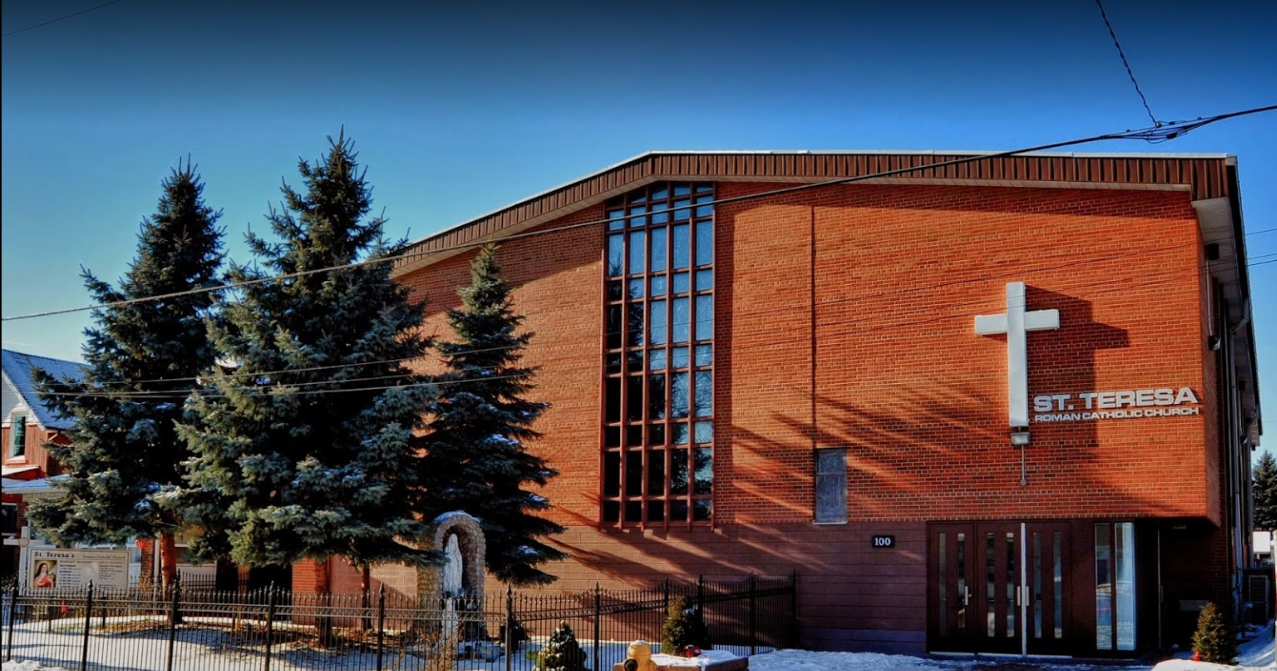
You Are the Remedy to Skepticism
Fr. Frank McDevitt is the pastor of Our Lady of Grace Parish in Aurora, Ont.
The Christian creed begins: I believe in God.
The skeptic’s creed begins: I will believe it when I see it.
For the skeptic, faith must be proved.
But trying to prove faith is like trying to prove love. Once you begin, you realize that you sort of missed the point.
The skeptics even have a patron saint in Doubting Thomas. There are those who would be sympathetic to Thomas’ story. He needs proof if he is to believe in the resurrection.
Over the past two millennia, there have been times when Thomas’ behaviour was seen as every bit as reprehensible as Peter’s denial of Jesus.
Putting his fingers into the wounds of Christ is a sure remedy for Thomas’s skepticism, but blessed those who have not seen but believe.
Skepticism in faith leads to stagnation. Energy is directed away from the truth proclaimed to some vague, unwinnable debate.
Faith, like love, should cause us to sail. Belief gives life in God’s name.
What is reported in today’s first reading is the profound transformation which is found in belief. The great awakening in the Early Church that called people to action and common cause.
John’s realization is that belief is the foundation of a relationship, which is as particular as the relationship of parent and child.
In Christ we become God’s children.
In Christ we become free to respond to His commandments; to live fully our relationship in Christ; to follow.
This takes us back to the creed.
If the creed was four words, it would be: “I believe in God” … period.
We would proclaim a faith in a transcendent relationship with God that supersedes everything else.
We live fully and well in the abiding mystery of our existence in the knowledge of God’s love.
However, the creed continues and we proclaim our faith in so much more.
When we know God in Christ and we know the intimate relationship between Christ and humanity, then we come to know the sacred as touching our lives in relationship.
Through Christ we are fostered as the children of God.
In our Catholic tradition, that relationship is reinforced not in idea alone, but by the senses and in the sensual encounter with God who calls us into relationship with Him through the waters of baptism, through eating the bread of life and through receiving the chrism of salvation.
These sacramental moments and all sacramental moments form our spirits and with lives infused with the potential of God’s love, we change the world.
There are those who do not recognize how much God’s love infuses their lives. You could ask them, “Why do you do all of your good deeds? Why have you touched the lives of others the way that you have?” They would probably answer that they did these things because that is what they are supposed to do.
So much of the good done by good people is rooted in their belief in God’s love for them and their need to take that power and share it with others.
Do you ever consider the amount of prayer that is happening in the world in any given moment? In our part of the world, people are heading off to Mass. While on the other side of the world, people are thinking about bed and thanking God for the day that is ending.
Human existence is infused with prayer. Like a constant symphony to the love that God has for us.
Our great and constant task is to enable that symphony to continue and that good work are realized as the generous response to God’s great love.
This is no longer something remote or from the distant past.
The great acts from the time of the Apostles are reflected in you.
We are God’s children called to be a great sign of faith in this time.
Will there always be skeptics? Of course. The world will always have ideas and attitudes that carry their own temptation.
We won’t be totally sold on what the world offers. And yet there is always so much room for belief and where there is belief, there is action.
And if there is belief, there is prayer.
Jesus had a remedy for Thomas’ skepticism. The wounds of Christ are still very much part of our world. Let us reach out to touch the wounds of Christ found in those who suffer.
We are the remedy for the skeptic by our works of mercy and openness to grace.
Let us with heart and mind – with word and action and prayer – proclaim the Risen Christ.
This reflection is based on the readings from the Second Sunday of Easter (Divine Mercy Sunday), Year B: Acts 4.32-35; 1 John 5.1-6; and John 20.19-31.
